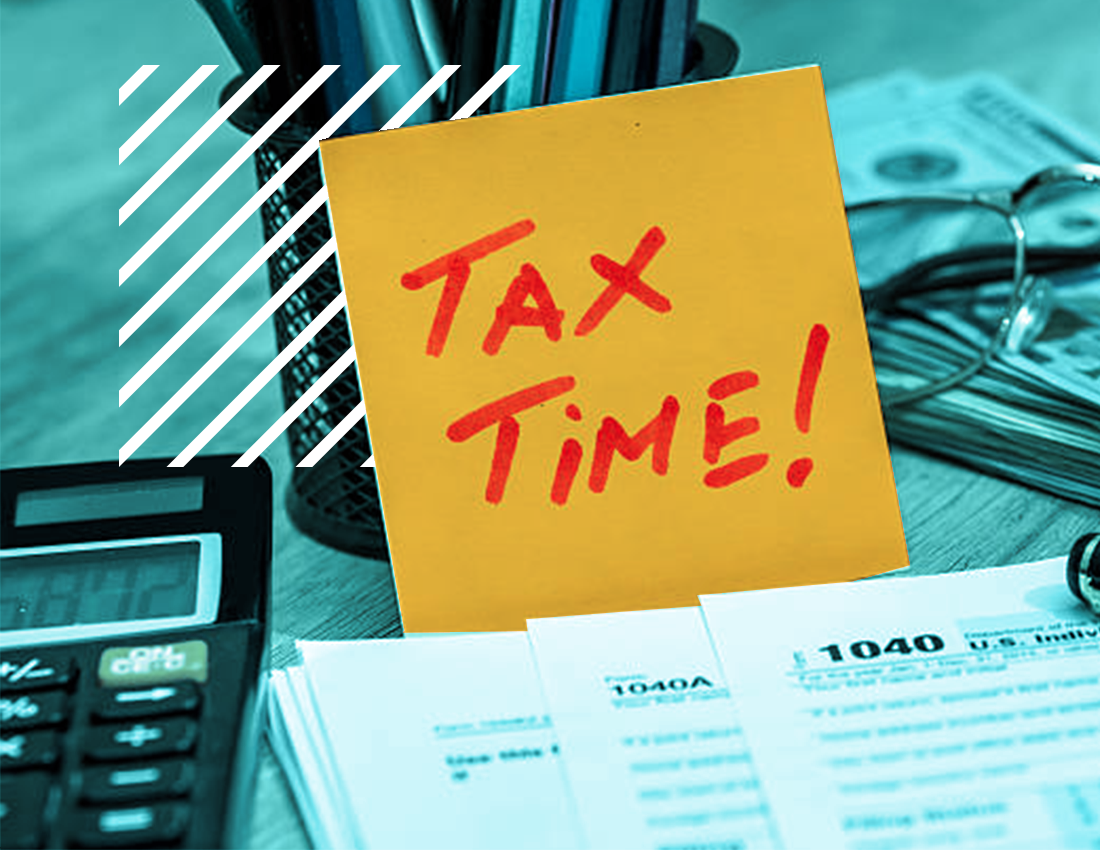
Owning an investment property is a little like running a business. It provides a great source of income and builds personal wealth but inevitably comes with a series of costs that hit your bottom line.
The great news for property investors is that many of these expenses are currently tax deductible.
It is a common misconception that tax advantages are only available on new properties. This is not true. While an older building might limit what you can claim, you do not have to buy a new house or apartment to qualify for tax benefits.
There are two components of a tax claim for a rental property. These are:
- Capital Works Allowance – this covers the structure such as walls and roof tiles, and
- Plant & Equipment – this covers the so-called removable assets such as carpets, stoves and hot water system.
It is important to obtain professional financial advice to understand exactly what can and cannot be claimed.
The Australian Tax Office does change the rules regularly. For example, only investors of new property can make claims under plant and equipment assets. However, exclusions exist for those properties that have been renovated.
Those who own older properties can continue to depreciate items that fall under the capital works component, so long as it was built after September 15, 1987. You may benefit from depreciation even if improvements were undertaken by a previous owner.
In general, you will find the following items are tax deductible:
- Costs associated with a property manager, which are usually 8-10% of rental incomes
- Accounting and professional financial advice
- Advertising if required to find new tenants, plus associated re-letting costs
- Strata levies
- Rates and any land tax
- Insurances
- Loan interest and ongoing loan fees
- Travel to inspect the property and any allied, legitimate business expenses.
Work with your accountant or financial adviser to build a tax depreciation schedule for your property.
It should need to be completed only once and can then be submitted to the tax office each year to ensure you obtain the maximum possible tax benefits from your rental property.
- This article is provided as general information only. You should seek the advice of your own accountant or financial adviser.
